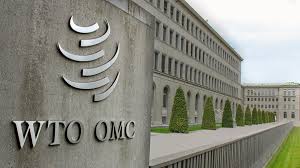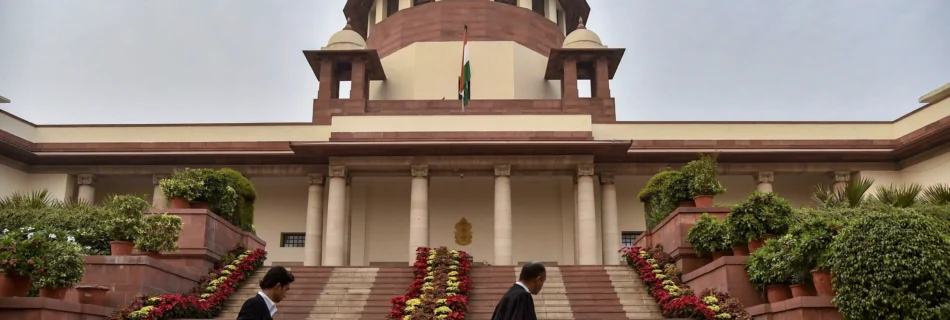Erosion of Tax sovereignty – India’s Challenges at the WTO
Globalisation has resulted in an increased interdependence in the economies of countries worldwide. Such interdependence has left the smaller economies at the behest of leading powers at organisations such as the WTO, which were otherwise aimed at creating a level playing field. A clear global North-South divide renders LDCs and the South in general, at a disadvantage in any transactions that follow from WTO regimes. India has yet to establish a strong foothold as an emerging global power at the WTO, with the US currently slow-strangling the organisation.







